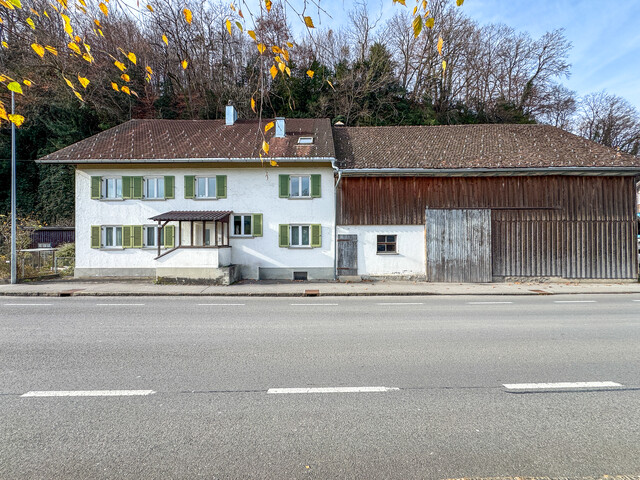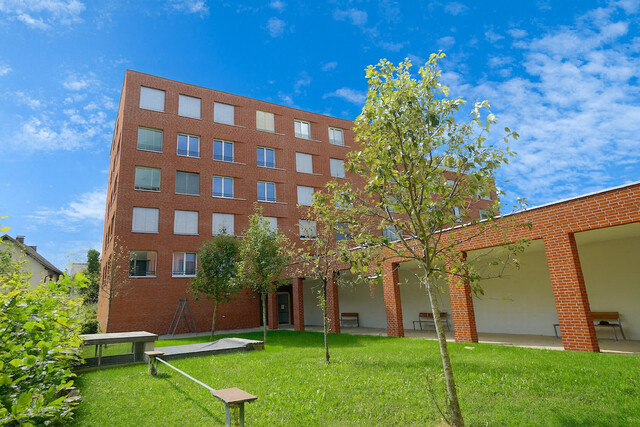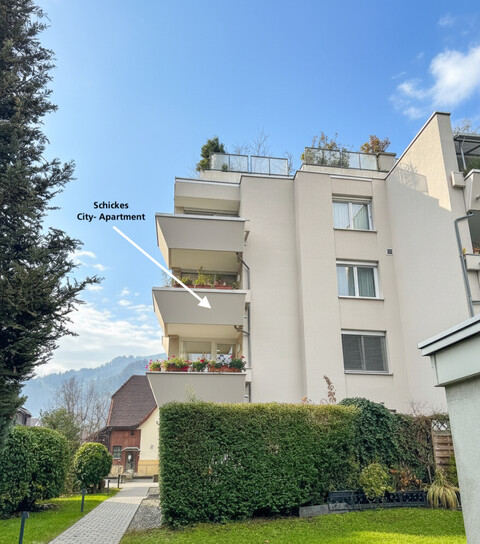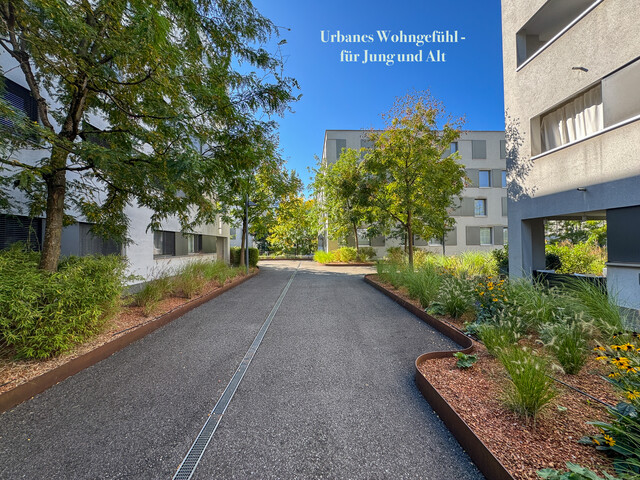Federal and States Discuss Social Assistance Reform
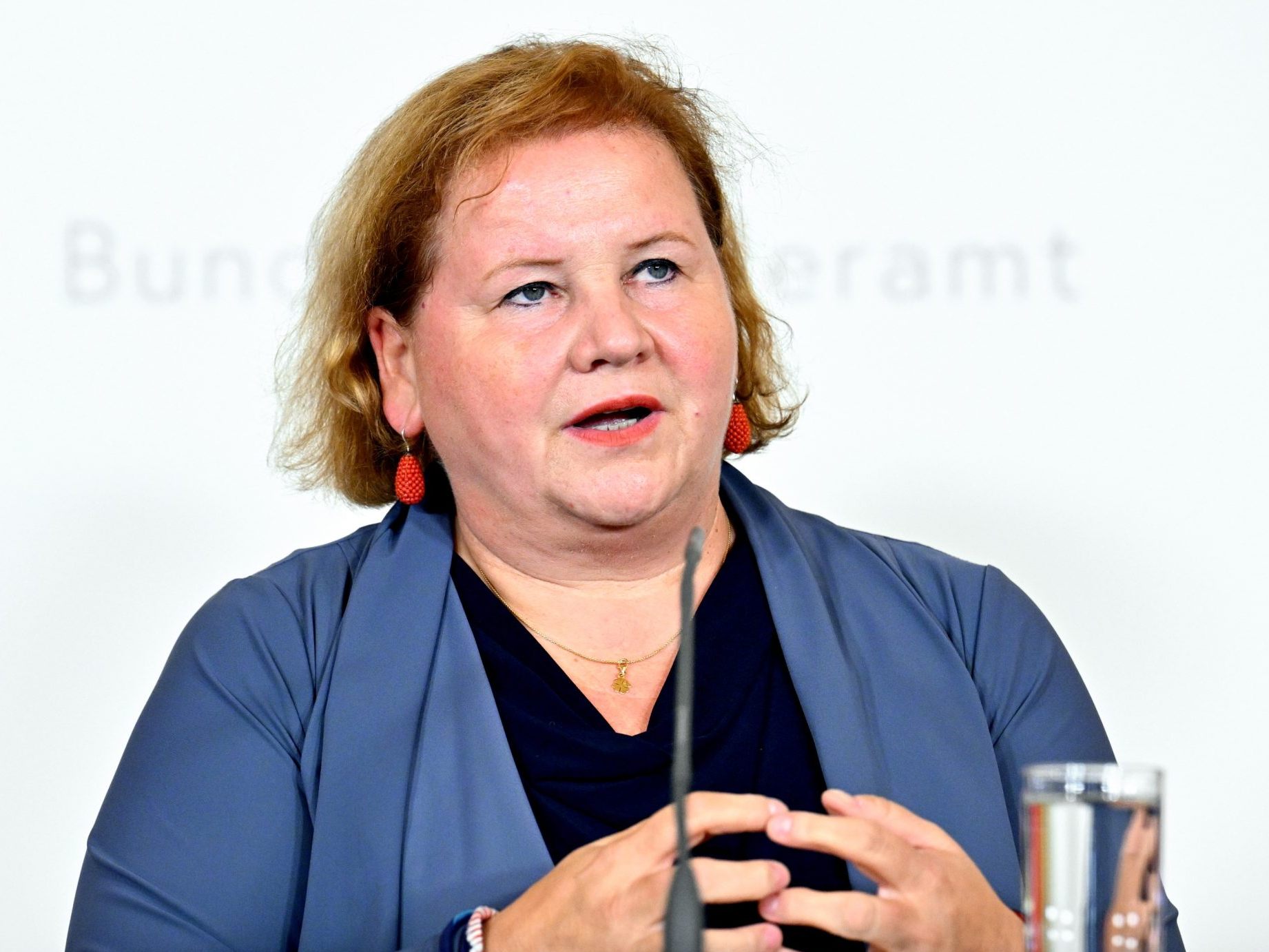
The Minister responsible for Integration, Claudia Plakolm (ÖVP), repeatedly referred to the so-called EU Status Regulation, which will apply from mid-2026. According to Plakolm, it is legally quite possible to link social benefits to integration measures, as she reiterated on Wednesday evening. For the NEOS, it was also clear "that Austrians do not have to complete an integration phase in the new social assistance," according to the Liberals.
In a "wording" of the Constitutional Service circulating in government circles on Thursday, which is available to the APA, it states that it is "in principle" constitutionally permissible for nationals and foreigners to be treated differently. However, the regulations must be "objective" in themselves. There is also a legal basis under EU law that requires equal treatment of Austrians and asylum seekers. However, it may be stipulated "that social assistance for asylum seekers can be made dependent on the asylum seeker effectively participating in integration measures," the document states. The state must then also provide such integration measures. This "of course does not apply to Austrian citizens."
Greens: "Government Chaos and Confusion Around Social Welfare Reform"
These intra-coalition confusions caused criticism from the Greens. "The government chaos and confusion around the social welfare reform continues merrily," said the Green social spokesperson Markus Koza on Thursday in a statement. Instead of constantly producing new announcements and half-baked ideas, the government should seriously work on a reform with social organizations, he demanded. Social organizations also repeated their demand for involvement in the reform process. The Volkshilfe warned against a race to the bottom and demanded "poverty-proof minimum rates." The Poverty Conference also warned against "destroying the last social safety net."
The subject of the negotiations is also the question of a targeted "graduation" of social assistance contributions according to the number of children (less per capita benefit from a certain number of children). A corresponding nationwide regulation was overturned by the Constitutional Court in December 2019, as it was assessed as a disadvantage for large families and thus unconstitutional. Individual federal states have now introduced or planned their own rules with graduations.
In addition to the unification of the currently different regulations depending on the federal state, stricter rules are also planned in the "New Minimum Security," which are primarily aimed at immigrants. A waiting period with limited benefits is planned (the aforementioned "integration phase"). Instead of the full amount of social assistance, there should only be an "integration allowance" during this phase. Benefits are to be linked to German language acquisition, job placement, and value transmission. The government is also considering sanction options - the design is still open.
While the ÖVP focuses heavily on more restrictive regulations, the SPÖ always emphasizes the need to remove children from the social welfare logic - without elaborating further so far. There is talk of a "future security for children." In addition to monetary benefits, the focus should primarily be on in-kind benefits.
(APA/Red)
Die Neuerungen unter dem Titel "Sozialhilfe NEU" wurden bereits im Regierungsprogramm grob skizziert, viel weiter sind die Pläne bisher aber noch nicht gediehen. Für Verwirrung sorgte in den letzten beiden Wochen die Frage von rechtlichen Bedenken bezüglich der geplanten Wartephase für Geflüchtete, in denen sie nur eine geringere Integrationshilfe bekommen sollen.
Ministerin Schumann hatte beim Verfassungsdienst des Bundeskanzleramtes eine Stellungnahme in Auftrag gegeben, die am Tag vor der heutigen Sitzung via "Presse" publik wurde. Demnach hieß es darin, aus Gleichbehandlungsgründen müsste die geplante "Integrationsphase" nicht nur für Zuwanderer, sondern für alle Anwärter - und damit auch für österreichische Staatsbürger gelten. Damit unterstützte dieser Bericht eine Ansicht, die das Sozialministerium bereits vor zwei Wochen kommuniziert hatte - und für Irritationen bei den Koalitionspartnern ÖVP und NEOS gesorgt hatte.
Die für Integration zuständige Ministerin Claudia Plakolm (ÖVP) verwies wiederholt auf die ab Mitte 2026 geltende sogenannte Statusverordnung der EU. Demnach sei es rechtlich sehr wohl möglich, Sozialleistungen an Integrationsmaßnahmen zu knüpfen, erklärte Plakolm auch am Mittwochabend neuerlich. Auch für die NEOS sei klar, "dass Österreicherinnen und Österreicher keine Integrationsphase in der neuen Sozialhilfe absolvieren müssen", hieß es seitens der Liberalen.
In einem in Regierungskreisen am Donnerstag kursierenden "Wording" des Verfassungsdienstes, das der APA vorliegt, heißt es, es sei "grundsätzlich" verfassungsrechtlich zulässig, dass Inländer und Ausländer unterschiedlich behandelt werden. Die Regelungen müssten jedoch an sich "sachlich" sein. Auch bestehe eine unionsrechtliche Rechtsgrundlage, die eine Gleichbehandlung von Österreichern und Asylberechtigten verlange. Es dürfe jedoch vorgesehen werden, "dass die Sozialhilfe für Asylberechtigte davon abhängig gemacht werden kann, dass der Asylberechtigte effektiv an Integrationsmaßnahmen teilnimmt", heißt es in dem Schreiben. Der Staat müsse solche Integrationsmaßnahmen dann aber auch zur Verfügung stellen. Dies gelte "freilich nicht für österreichische Staatsbürger".
Grüne: "Regierungschaos und Verwirrspiel rund um Sozialhilfereform"
Für Kritik sorgten diese innerkoalitionären Verwirrungen bei den Grünen. "Das Regierungschaos und Verwirrspiel rund um die Sozialhilfereform geht munter weiter", meinte der Grüne Sozialsprecher Markus Koza am Donnerstag in einer Aussendung. Statt ständig neue Ankündigungen und unausgegorene Ideen zu produzieren, solle die Regierung mit den Sozialorganisationen ernsthaft an einer Reform arbeiten, forderte er. Ihre Forderung nach einer Einbindung in den Reformprozess wiederholten auch Sozialorganisationen. Die Volkshilfe warnte vor einem Wettbewerb nach unten und forderte "armutsfeste Mindestsätze". Auch die Armutskonferenz warnte davor, "das letzte soziale Netz kaputt zu machen".
Thema der Verhandlungen ist auch die Frage einer angepeilten "Staffelung" der Sozialhilfe-Beiträge nach Kinderanzahl (weniger Pro-Kopf-Leistung ab einer bestimmten Kinderanzahl). Eine entsprechende bundesweite Regelung war im Dezember 2019 vom Verfassungsgerichtshof gekippt worden, da diese als Schlechterstellung von Mehrkindfamilien und damit als verfassungswidrig bewertet worden war. Einzelne Bundesländer haben hier mittlerweile eigene Regeln mit Staffelungen eingeführt oder in Planung.
Neben der Vereinheitlichung der derzeit je nach Bundesland unterschiedlichen Regelungen sind bei der "Mindestsicherung NEU" auch strengere Regeln vorgesehen, die vor allem auf Zuwanderer abzielen. Geplant ist etwa eine Wartefrist mit beschränkten Leistungen (die oben erwähnte "Integrationsphase"). Statt der vollen Höhe der Sozialhilfe soll es während dieser Phase nur eine "Integrationsbeihilfe" geben. Verknüpft werden sollen Leistungen an den Deutscherwerb, die Arbeitsvermittlung und die Wertevermittlung. Auch Sanktionsmöglichkeiten schweben der Regierung vor - die Ausgestaltung ist noch offen.
Während die ÖVP ihren Fokus stark auf restriktivere Regelungen legt, betont die SPÖ stets die Notwendigkeit, Kinder aus der Sozialhilfelogik herauszunehmen - ohne das bisher näher auszuführen. Gesprochen wird von einer "Zukunftssicherung für Kinder". Neben Geldleistungen soll vor allem der Schwerpunkt auf Sachleistungen gelegt werden.
(APA/Red)
This article has been automatically translated, read the original article here.
Du hast einen Hinweis für uns? Oder einen Insider-Tipp, was bei dir in der Gegend gerade passiert? Dann melde dich bei uns, damit wir darüber berichten können.
Wir gehen allen Hinweisen nach, die wir erhalten. Und damit wir schon einen Vorgeschmack und einen guten Überblick bekommen, freuen wir uns über Fotos, Videos oder Texte. Einfach das Formular unten ausfüllen und schon landet dein Tipp bei uns in der Redaktion.
Alternativ kannst du uns direkt über WhatsApp kontaktieren: Zum WhatsApp Chat
Herzlichen Dank für deine Zusendung.




